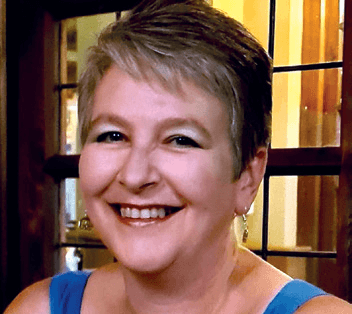Kinderly’s early years expert Rebecca Martland shares her insights…
What are the main changes in the new EYFS?
The areas of learning and development have been expanded, with an emphasis on the importance of communication, language and reading. Self-care has moved to Personal, Social and Emotional Development.
Within Understanding the World and Expressive Arts and Design, a focus on cultural awareness in a diverse world and in the arts has been included.
The Early Learning Goals have been extensively revised, making clear that they’re not intended to form or guide a setting’s curriculum and are simply checkpoints at the end of the Reception year to support the transition to Y1.
I’ve heard there are two new versions of Development Matters; which should I use?
The government commissioned Dr Julian Grenier to review and update the current Development Matters document. The Early Years Coalition, a group of early years organisations and sector experts, have been developing an alternative set of guidance, ‘Birth to 5 Matters’.
Both Development Matters and Birth to 5 Matters are non-statutory, which means practitioners can choose to use either document, neither or indeed both, to help support them to deliver the EYFS.
Is it true that when the new EYFS is introduced I won’t have to do observations any more?
No. Observing children is a crucial element of early years practice. Observations give us vital information necessary to understand a child’s interests, current development and learning needs. Practitioners are observing all the time, often without realising it.
What isn’t necessary is to record every observation in writing. Only record what will be useful to you and your colleagues in order to support the child effectively, for example, ‘wow moments’.
There seems to be a focus on curriculum in the new EYFS. We use ‘In the Moment Planning’ – will that still be allowed?
Yes, absolutely. The EYFS states that the “framework does not prescribe a particular teaching approach”.
‘In the moment planning’ provides a curriculum that fully incorporates the seven areas of learning and development through the provision of a richly resourced environment that supports enquiry-based learning, accompanied by quality interactions from adults, who through their careful observations find effective ways of extending children’s thinking.
The safeguarding and welfare requirements now reference oral health. Do we have to brush children’s teeth daily?
No, you don’t have to introduce a tooth-brushing programme in your setting, although you may choose to do so (following any COVID-related guidance). Whilst obviously an important element, promoting good oral health is about far more than tooth-brushing.
For example, it can include teaching children about the damage sugar and acidic drinks, such as apple juice, can do to the teeth or raising awareness of the importance of regular dental check-ups.
 Rebecca Martland is an experienced trainer, consultant, author and four-times Ofsted ‘outstanding’ childminder, and a staunch advocate of play-based, child-centred education and care. She’s also one of Kinderly’s early years experts and a regular host on the Kinderly Learn weekly webinar series.
Rebecca Martland is an experienced trainer, consultant, author and four-times Ofsted ‘outstanding’ childminder, and a staunch advocate of play-based, child-centred education and care. She’s also one of Kinderly’s early years experts and a regular host on the Kinderly Learn weekly webinar series.

What is EASYsolution 4 NURSERY EDUCATION?
Nursery Management
